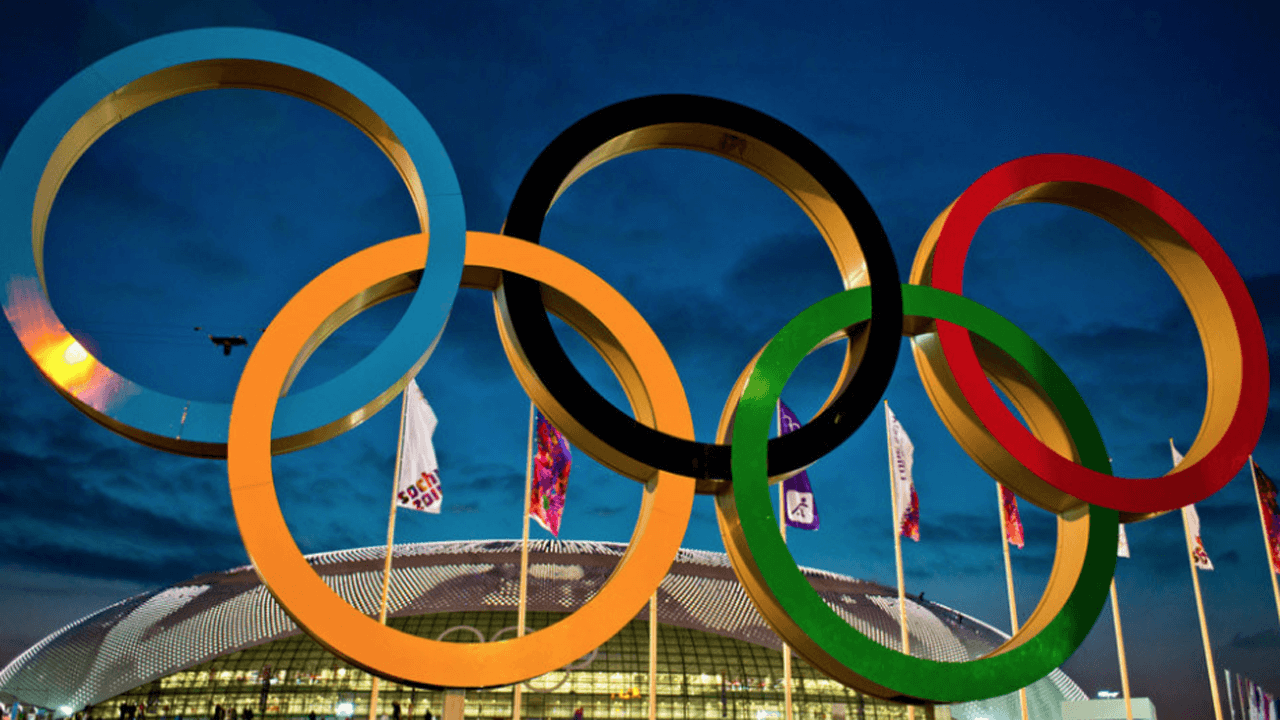Because that’s what it sounds like. An Olympic Summit held in Lausanne, Switzerland turned to the subject of eSports and apparently stayed on it. Advocates for the activity cited that players “prepare and train with an intensity which may be comparable to athletes in traditional sports.”
It certainly does take months and even years of perfecting one’s technique to compete internationally. There’s also the possibility that including the medium in the Olympic lineup would help draw interest from a younger demographic.
It should come as no surprise that not everyone shared in the enthusiasm. Summit leaders pointed out that, like all other events, eSports would need “an organization guaranteeing compliance with the rules and regulations of the Olympic Movement.” Shouldn’t be too difficult, right?
Surprisingly absent from the Summit was any kind of strong stigma against the platform, as the committee seemed widely in agreement on the subject despite previous opinions regarding prevalent violence in video games. So, does this mean we can start watching esports in the Olympics within the next few years?
Not necessarily. A governing organization is only one factor in question. In order to be accepted, sports must be partaken in by a certain number of both men and women from a certain number of countries. Also, mental sports and those relying on the use of mechanics (like cars) are forbidden. This is the rule that will likely be the largest hurdle, as esports involve a great deal of mental capacity in addition to hand-eye coordination, which is done via electronic apparatus (the controller).
Nevertheless, the fact that esports was a serious topic of the committee is a good sign that IOC leaders do recognize the growing popularity and international significance of the activity. If esports can find a good and dedicated representative to submit its case, they might at least become officially recognized as real sports.








